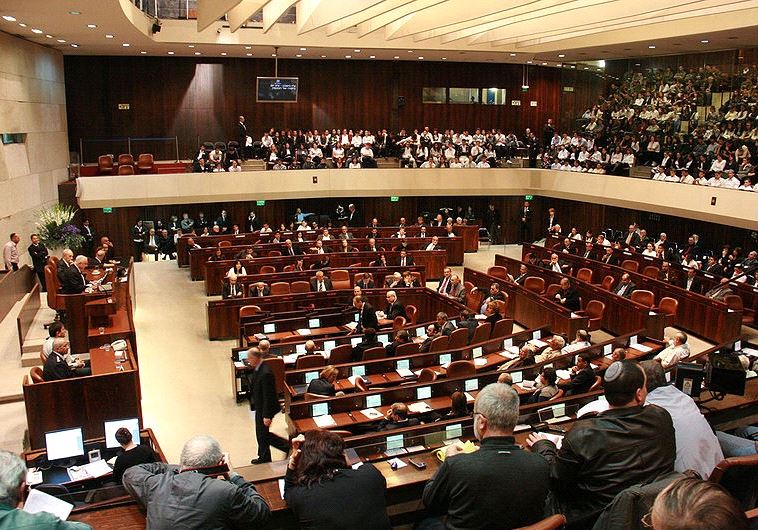US troubled by comments that Israeli settlement bill is first step to annexation
“50 years after the Six-Day war, we're taking one more dramatic step in regulating the lives of people in Judea and Samaria.”
 (photo credit: ITZIK EDRI/WIKIMEDIA COMMONS)Updated:
(photo credit: ITZIK EDRI/WIKIMEDIA COMMONS)Updated: